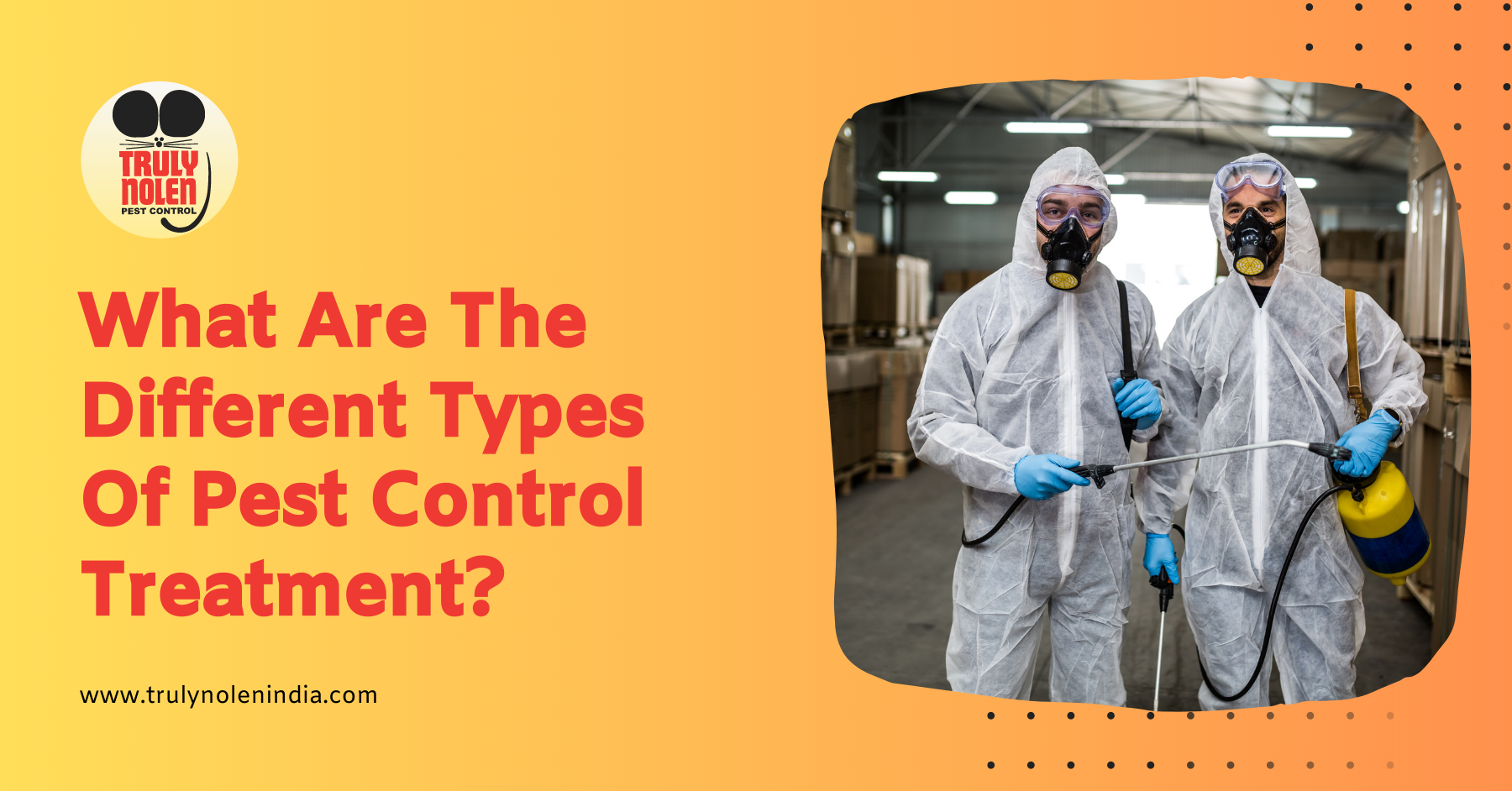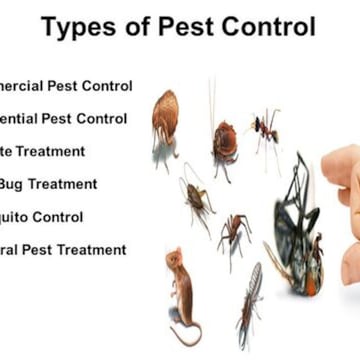Pest Control Things To Know Before You Buy
The Facts About Pest Control Uncovered
Table of ContentsExcitement About Pest Control7 Easy Facts About Pest Control ShownThings about Pest ControlIndicators on Pest Control You Should KnowPest Control - Truths
Limitations of Chemical Administration Be able to assess bug problems, figure out if management is essential, and make suitable recommendations using IPM methods. Be acquainted with various approaches of bug management - their benefits and limitations.This chapter goes over (IPM), an approach that utilizes expertise regarding pests and their, techniques, nonchemical techniques, and chemicals to take care of pest issues. Additional details about IPM for details plants is included in chapters that concentrate on those plants. Nonchemical insect control steps are worried in chapter 17, "Organic Horticulture." Taking care of birds and mammals is covered in chapter 20, "Wild animals." Handling in the yard and garden is covered in chapter 6, "Weeds." Parasites in a yard or landscape might include bugs and termites, weeds,, creatures, and birds.
Bugs and weeds, however, play a role in the. After planting a yard or developing a yard, the natural process of plant sequence begins to restore and nonnative plants.
What we call "bugs" are component of an all-natural system at job. Just humans consider particular species pests when they take place where they are not desired.
The Pest Control Statements
Insects at risk to a chemical were rapidly eliminated, leaving immune ones to breed and increase. It ended up being clear that chemicals alone would certainly not fix all pest problems.
An IPM strategy allows some level of insects in the setting. Parasites are a lot less most likely to survive a program that uses lots of different techniques of decreasing their populations. Integrated pest administration was initial suggested by entomologists since pests were the first team of insects to verify challenging to manage with chemicals alone.
A limit is the point at which action ought to be taken. IPM has extended past insects to management of all pest populations: weeds, disease microorganisms, and animals.
What Does Pest Control Do?
Administration instead of obliteration of bugs is the goal. An IPM plan starts with a mindful analysis of each bug problem. Just after that can one choose about the suitable techniques required to subdue insect tasks. The life process of the pest, feasible damage, natural opponents, and effects of climate, to name a few factors, are thought about before a control strategy is implemented - Pest Control.
Clover growing in a lawn may be considered as an unwanted weed, but as a see this here vegetable it is synthesizing nitrogen for the dirt and the flowers are supplying nectar to honey bees visit this site and other. Tolerance for some weeds might become part of an IPM plan. might be consuming the fallen leaves of a plant, yet when they are recognized as the larvae of Eastern tiger swallowtail butterflies, their damages might be tolerated so we can take pleasure in the gorgeous butterfly.

The 2nd most crucial device in insect administration is very early intervention. Reacting to issues quickly, before they have time to multiply, needs a less significant intervention.
Excitement About Pest Control
Many risk-free, useful, nonchemical methods of plant protection and insect administration might reduce or get rid of the need to spray. Other methods are most advantageous when utilized with pesticides. To execute monitoring techniques properly and to minimize losses, garden enthusiasts must know the sorts of visit the site insects that strike plants and recognize pest biology.

Conducting a dirt examination and using just the advised amount of plant food and lime maximizes the benefit to the plant while decreasing troubles connected to excessive usage of plant food - Pest Control. Covering the soil with several inches of compost shields the plant in numerous means: reducing dirt water loss to evaporation, lessening weed competitors, supplying nutrients, and developing an ideal setting for earthworms and microorganisms that keep the soil loose for roots and damage down natural product to release nutrients
If mulch touches the trunk, it can develop a means for voles, germs, and fungis to assault the plant. Do not use manure or garden compost that has actually not thoroughly disintegrated as a leading dressing since it can motivate undesirable parasites. Research recommends that farming is destructive to soil framework.
Unknown Facts About Pest Control
If tilling is regarded essential, consider doing it in the autumn when the life cycles of many insects brings them near the surface. At the surface area, pests become subjected to the weather as well as birds and various other natural adversaries.